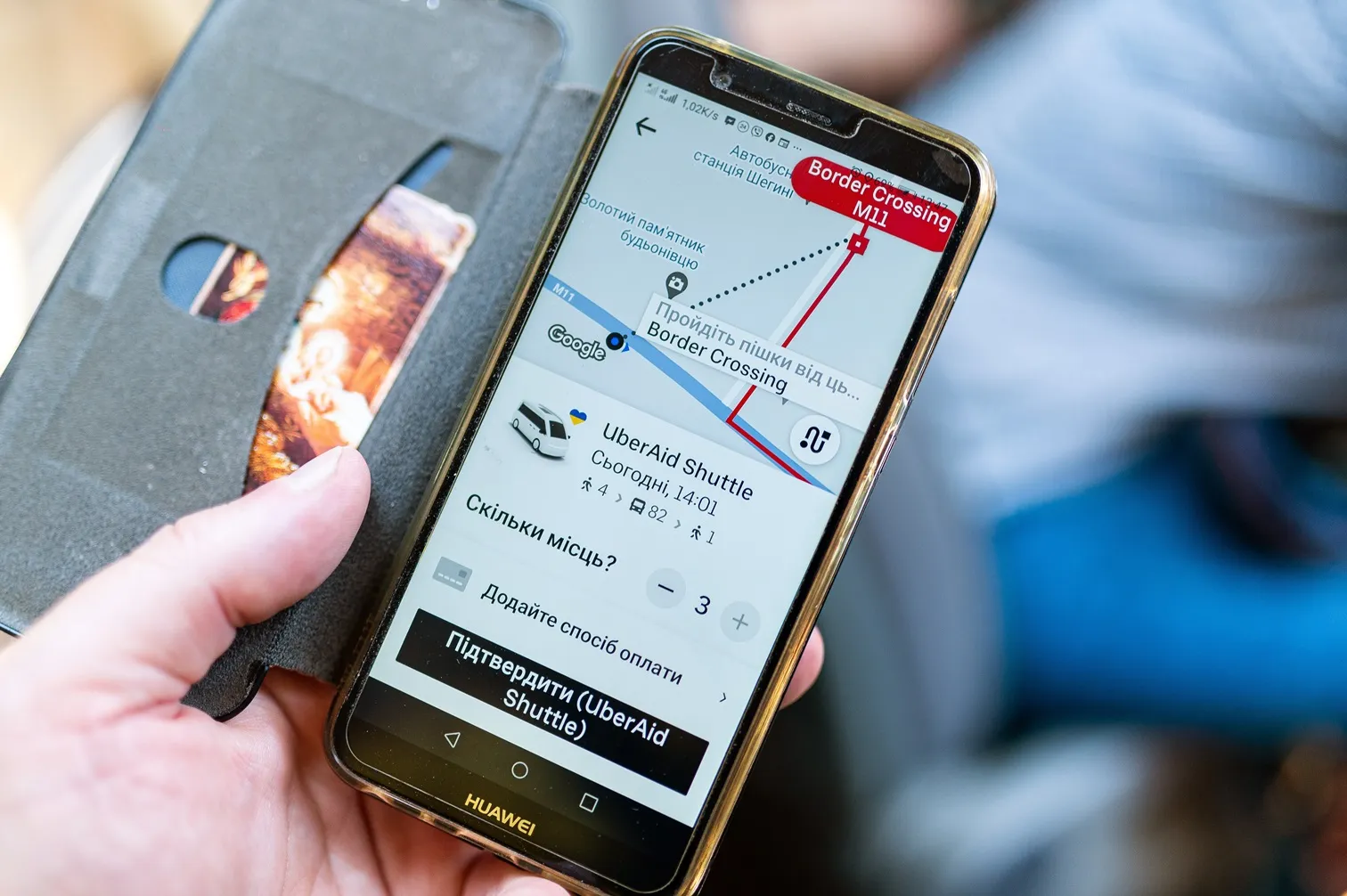
The 2010 ITS America Annual Meeting & Exposition, which will take place in Houston, Texas will offer attendees something of a contrast with the policy-driven event which took place in Washington, DC this year. Houston will go to the other end of the scale and focus on real-life technology applications and operational best practice, says event Co-Chair David Sparks.
The 2010"But we have to look forward. We're into the mid-term elections. We have the situation now of funding extensions and reauthorisation deferral. We have a much more uncertain landscape. Nevertheless, the owners and operators of roads are in the position of having to continue to provide services. Whereas DC was and is about funding, policy and strategy, rubber meets the road at the state and local level.
"That's where Houston comes in; if you look around the city, Harris County and the State of Texas in general, how the various agencies work together to deal with congestion and improve safety is phenomenal. There's an opportunity to see in real life, today, where interoperability will take us in the future."
The stakeholder challenge
With ITS encroaching into so many aspects of modern life, Sparks sees an increased need for interaction with a wider range of stakeholder groups in order to encourage better journey choices and decisions."We need to get out of whichever silos we're in," he continues. "Intelligent transportation systems are vital to everyday life. People interact with them without even thinking, be it travelling unhindered through green waves at traffic lights, using the information displayed on dynamic messaging signs or making conscious choices to pay to use tolled facilities and enjoy ease of travel. For any new infrastructure project ITS is going to be a consideration, adding value and convenience to the investment.
"Much of our thinking used to revolve around freeway and urban travel but now we're looking to provide opportunities for all issues touched by ITS. For instance, Texas has the largest land border with Mexico, so there are major border crossing issues to be addressed."
The Port of Houston is the US's busiest in terms of foreign tonnage and there are significant links with road, rail and air infrastructures. Sparks says that an overall theme of this year's Annual Meeting is interconnectedness.
"In and around Houston, and in Texas in general, intermodality is huge, all with an underlying economic development remit - and all driven in turn by underlying applications. There's also a fairly mature and yet still novel suite of practical solutions in place. For instance, Houston Metro is about to begin deploying the largest HOT lane facility yet constructed nationally. And there are safety systems in place in Harris County which have saved lives; the inter-agency working which goes on within
"Visitors to the Houston Annual Meeting have the opportunity to see some very practical, implementable examples from which they can learn and take lessons home to their own states and regions.
"And although there will be an emphasis on the practical at the 2010 event, the higher-level, political elements will not be neglected. The Obama Administration's transportation agenda provides overlays of sustainability and quality of life on some of the more traditional key areas. We've been looking at ways to tie performance to these criteria and we've challenged the conference programme committee to address exactly how we can do that. We need to develop metrics which allow evaluation - that's right up ITS's alley. We need to firm up those links between policy and practical."
Getting away from stove-piping
The main theme of the conference programme for the 2010 Annual Meeting will be connecting communities through smart transportation solutions.
Steve Dellenback of the Southwest Research Institute, the man responsible for pulling together the programme, says that Houston TranStar is "one of the better cohabiting, co-sharing facilities in the US; it typifies what we're trying to do going forward in terms of better connectedness and getting away from stove-piping."
The programme will be broken down into a number of key areas: Quality of Life/Saving Lives; Sustainability; Mobility; Economic Development; Transportation Operations; and Transport Investment.
"In addition, given Houston's huge volumes of goods traffic and the issues associated with Hazmat movements, as well as its situation on the Gulf Coast, there will be a big emphasis on disaster preparedness."
A highlight of the programme, and a major coup for ITS America and the team organising the 2010 event is the keynote speaker: the event will open with an address by Sam Palmisano, current Chairman, CEO and President of IBM, the world's biggest IT company.








